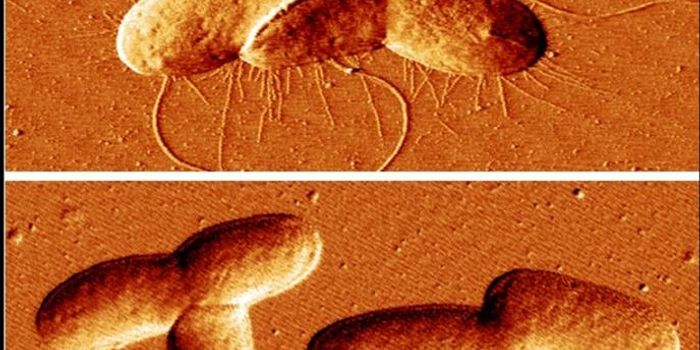Do Jellyfish Sleep?
Sleep is sp essential that you and I can’t live without it, and many other animal species are the same way. On the other hand, scientists have long thought that for sleep to be needed, said organism needs to have a brain.
With the theory above in mind, it becomes complex to answer the question of whether jellyfish can sleep; they don’t have a centralized nervous system like you, I, and many other animals do. Instead, their nervous systems span throughout their entire bodies and works in different ways.
Image Credit: Jan Easter Photography
To find out whether jellyfish slept or not, three researchers from the California Institute of Technology (Caltech) studied the behavior of 23 different upside-down jellyfish (Cassiopea) test subjects for six days and nights and found that there may be probable cause to believe that these brainless creatures sleep. They published their findings in the journal Current Biology.
According to the findings, the upside-down jellyfish exhibited three primary indicators of sleep: 1) the organisms exhibited reversible quiescence, 2) the organisms showed reduced responsiveness to stimuli, and 3) symptoms of withdrawal prevailed when kept from sleeping during normal homeostatic or circadian rhythms.
To their surprise, the researchers could confirm all three indicators of sleep in the upside-down jellyfish samples.
Related: What NOT to do to a jellyfish sting
Many jellyfish naturally pulse, but during the night, the upside-down jellyfish test subjects seemed to pulse almost 30% less than they would during the day; this was the first hint of quiescence.
They also tested their response to stimuli with isolation chambers that had removable bottoms. By placing the jellyfish inside these containers higher up in the tank, they could remove the bottom, and the jellyfish would “fall” to the bottom of the tank. During the day, they would swim back to the top quickly, but they showed signs of disorientation when the same tests occurred at night.
Lastly, the researchers had to prove that sleep was a necessity, so they prevented the upside-down jellyfish from sleeping at night by sending repeated ripples of water through the tank all night long. Afterward, the upside-down jellyfishes all exhibited reduced activity and performance the next day, much like you or I would if we didn’t get a good night of sleep and felt groggy.
Having documented the evidence that they did, it seems undeniable that the upside-down jellyfish does indeed sleep. On the other hand, it brings up more questions about what other kinds of organisms might sleep despite popular belief, as it would seem humanity’s understanding what warrants the need for sleep is incomplete and in need of improvement.
Related: NOAA captures incredible footage of a new kind of jellyfish in the Mariana Trench
It should be interesting to see if the results of this study will spark the interest of additional research with more organism types.
Source: Caltech









